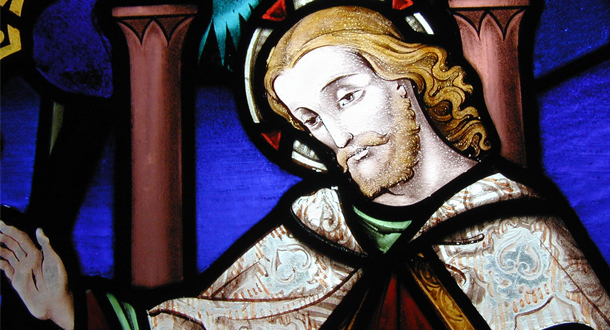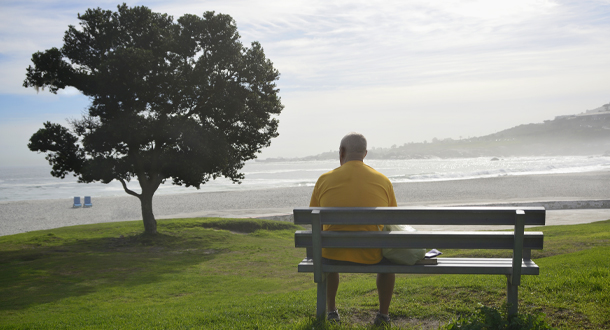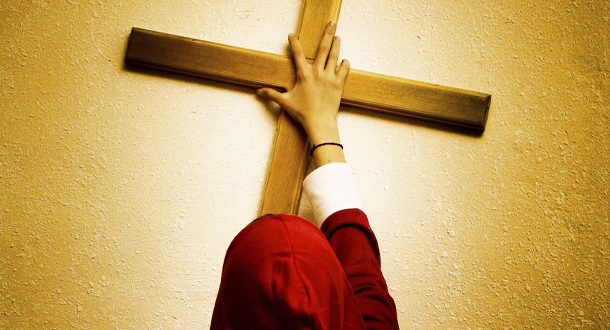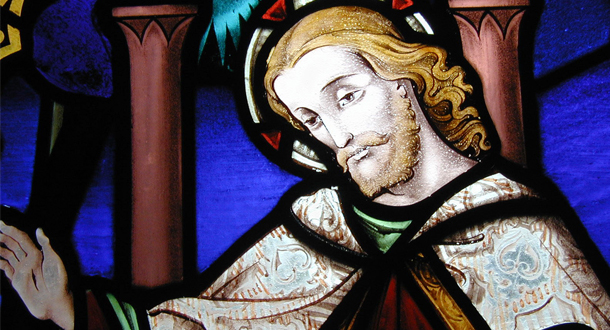
Scripture:
2 Thessalonians 1:1-5, 11-12
Matthew 23:13-22
Reflection:
In today’s Gospel reading from Matthew, we hear the beginning of Jesus proclaiming “woes” to the scribes and the Pharisees for being hypocrites in their leadership of the people. In the last several verses, Jesus criticizes the scribes and the Pharisees on how they determine the value of oaths: “Woe to you, blind guides, who say, ‘If one swears by the temple, it means nothing, but if one swears by the gold of the temple, one is obligated…And you say, ‘If one swears by the altar, it means nothing, but if one swears by the gift on the altar, one is obligated.'”
Jesus points out to them that what they value is not what is important. I see this as a challenge to us because it is easy to bring the values of the world in to the practice of our faith. It is oh so tempting to try to manipulate the Gospel into justifying a desire for material wealth and possessions. As Christians, we are called not to let worldly values influence how we live our faith, but to let our faith influence how things are done in the world.
As we do our jobs, or seek employment, or attend school, or live out our retirement, we are to demonstrate forgiveness and mercy and compassion. Wherever we are, whether we are single or married, religious or ordained, we are called to love others as Jesus has loved us. Our trust is not in “gold” nor “gifts,” but in the God who has blessed us and given us the promise of everlasting life!
In the words of our first reading from 2 Thessalonians, may God “powerfully bring to fulfillment every good purpose and every effort of faith” in and through our lives!
Fr. Phil Paxton, C.P., is the local superior of the Passionist Community in Birmingham, Alabama.







